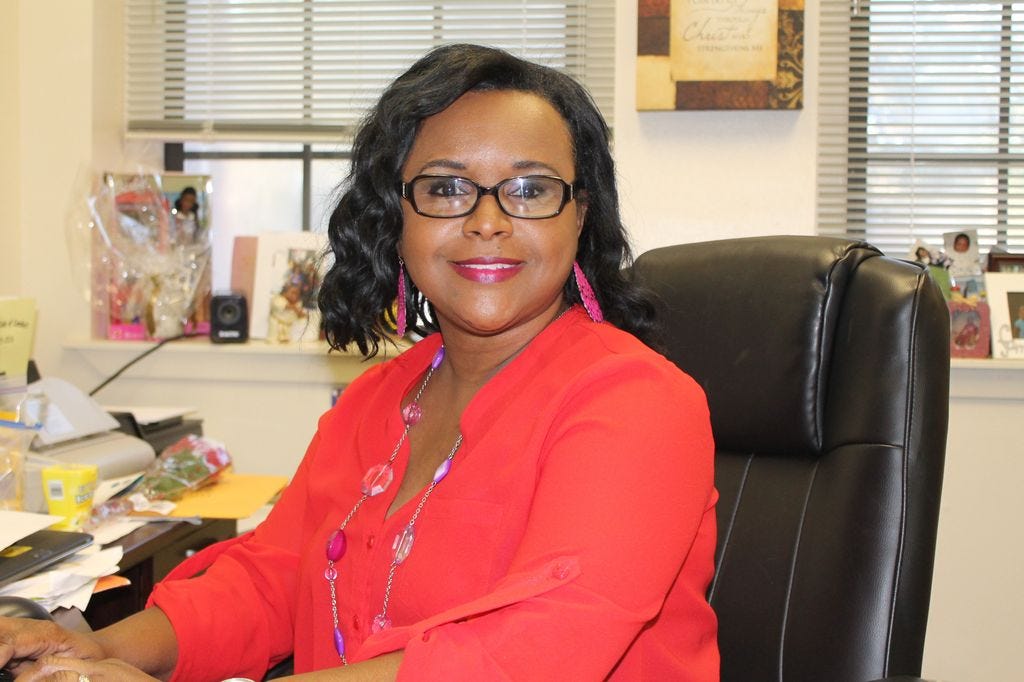
For the Press Gazette’s second Black History Month segment of 2016, Tiphanie Sapp, vice principal of Bagdad Elementary took the time to speak on her perspective of the month. Sapp primarily expressed appreciation for those who struggled and made great sacrifices, setting the stage for minorities to have freedoms out of reach to them in the past.
Sapp is in her first year as vice principal, having spent two years previous as dean. However, she said the bulk of her career has been as a teacher for 16 years. She remembered as a child she would play the teacher while playing school with her friends. “I always knew I wanted to be a teacher.”
She said when she goes over anything related to black history or just history in general with her students, she sometimes mentions she wouldn’t have been able to be their teacher if certain things hadn’t changed in America. The third graders would ask why and she would have to explain it was due to the color of her skin.
Similarly, she said, when she’s talking to her own son about the fact some children weren’t allowed to play with others due to their skin color, “he looks at me like I’m speaking French.”
As an educator, Sapp said she’s worked in predominantly white schools, “and that’s okay. I want to impact lives in positive ways. I don’t think kids would care if I was purple as long as they know I’m Mrs. Sapp.”
She said, “It’s important to celebrate as much history as possible.” While not downplaying black history, Sapp said it’s important to acknowledge multiple cultures.
“It helps to eliminate ignorance when you take the time to learn about somebody else.”
When walking into a Regions Bank recently, Sapp said she was heartened to see a sign saying “Black history is our history.”
“It made me feel good, not as an African American, but to know Regions is embracing history,” she said.
Looking into today’s society, Sapp still finds areas of concern. She brought up the recent “Oscars so white” controversy. When the Academy of Motion Picture Arts and Sciences announced its Oscar nominees, only white actors appeared in the top four slots. She recognized the potential for this to happen if society really ignores race, but at the same time said, “Really? There wasn’t one?”
This article originally appeared on Santa Rosa Press Gazette: Tiphanie Sapp: Representing Progress
